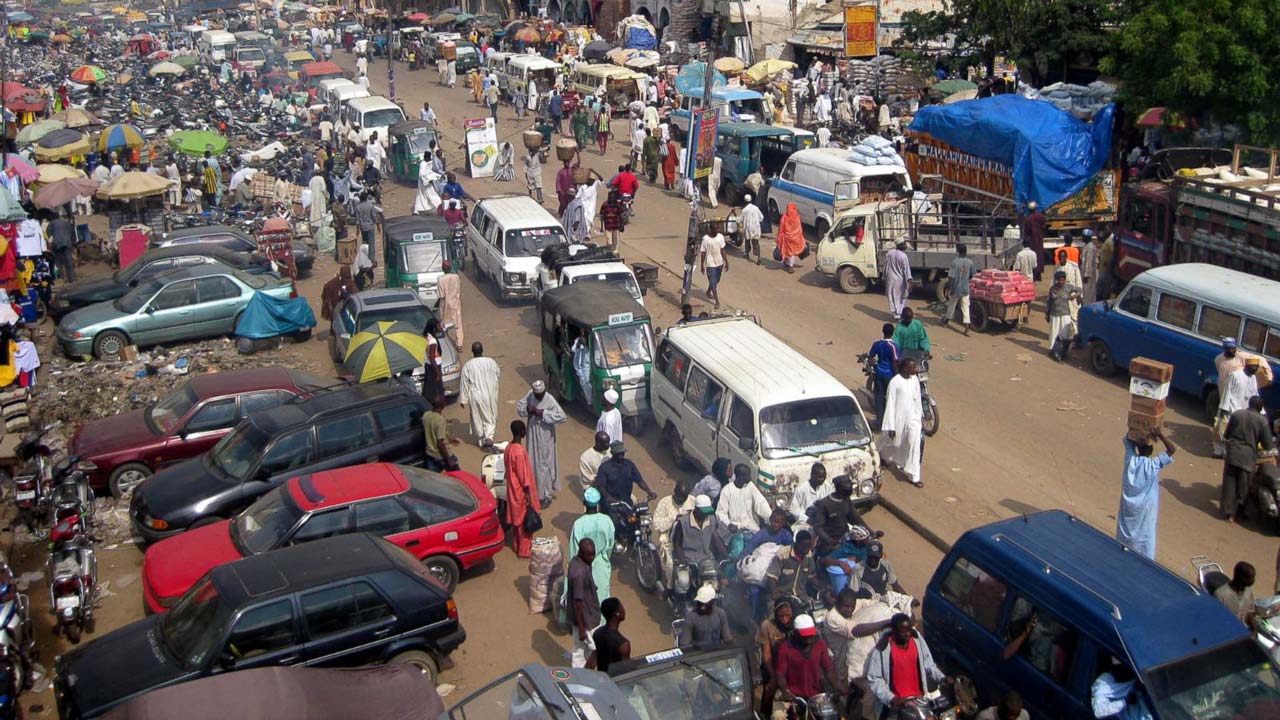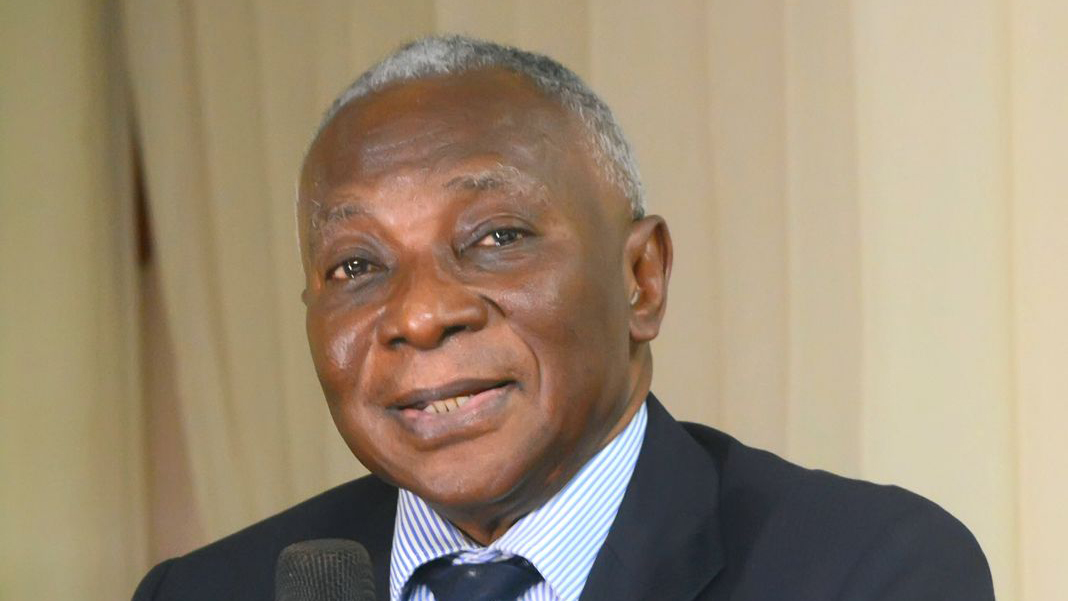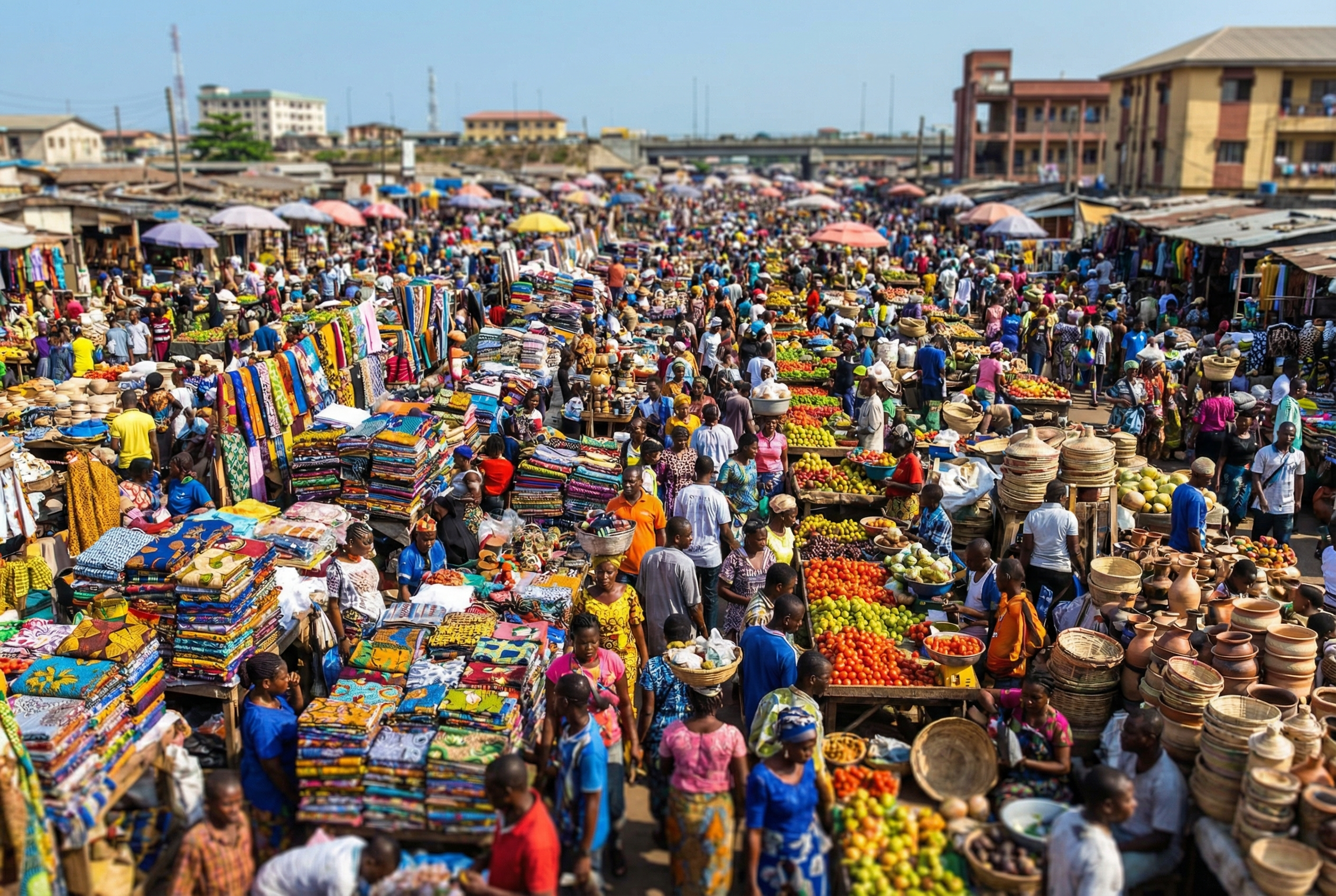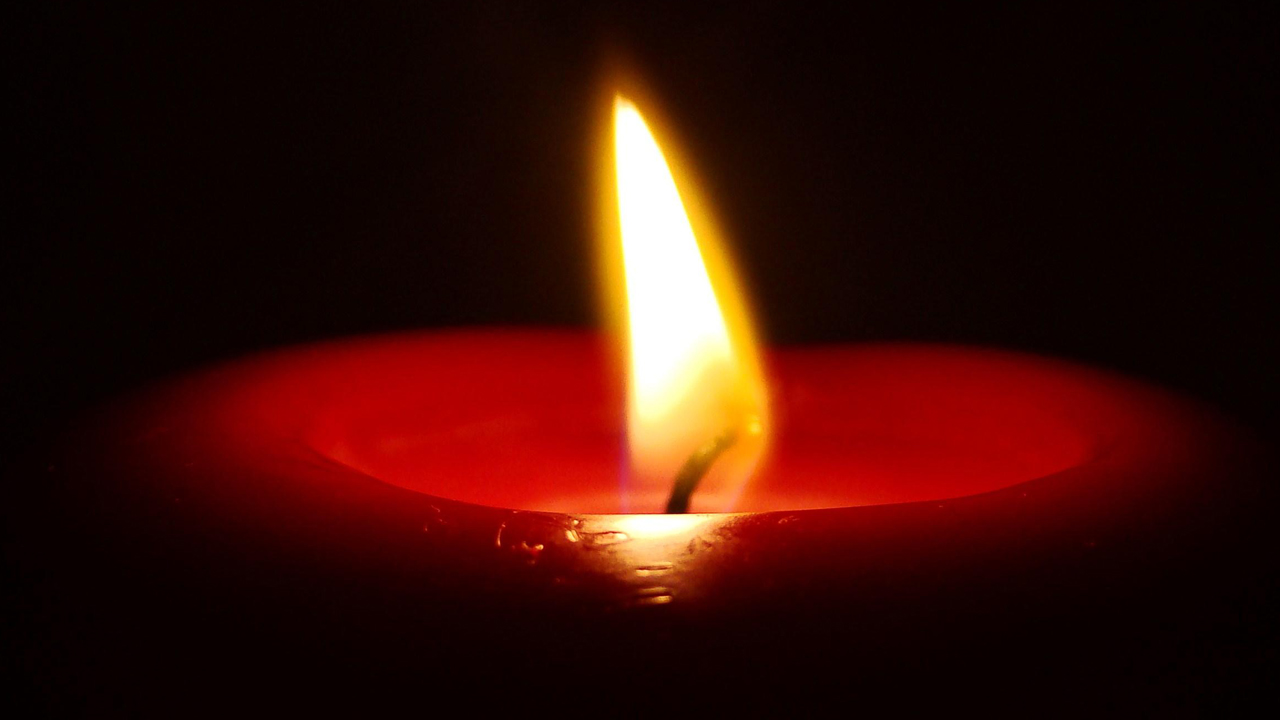
I asked my Moroccan friend what was going on and he answered that people were chanting pro-Palestinian songs and shouting anti-Israeli slogans. I found that interesting given the special place of Jews in Morocco, who, according to Aomar Boum, the author of “Memories of Absence: How Muslims Remember Jews in Morocco” (and translated into Arabic as “Yahud al-Maghrib wa Hadith al-Dhakirah” by Khalid Saghir) used to number more than 200, 000 before the creation of Israel and up to around 1950s; but in post independence Morocco their number slashed to less than 5000, as they engaged in gradual exodus to their newfound state.
But I noticed that the small protest was officially unwelcome when all of a sudden security guards of the university closed its gates and prevented the intrusion of protesters, who by the way, were mostly if not entirely, students of the university. I would only come to know the exact cause of the protest a few minutes later when together with my Moroccan friend we were encouraged and directed by some officials of the university to follow a way that led us to one beautified public lecture hall to participate in a conference, about which we were neither aware nor essentially prepared to attend.
In the hall, I went straight to the front row and found a seat where I could watch and listen with much attention while my friend preferred to sit at the back. It quickly dawned to me that the conference themed “al-Diyanat al-Samawiyah Hamilat Risalat al-Salam” (Heavenly Religions Carrying the Message of Peace) was, besides, a few delegates from a Moroccan council of Islamic knowldege, hosting the Archbishop of Rabat, Cardinal Cristobal Lopez Romero and a Jewish Rabbi, Rabbin Mardekhai Chriqui, coming all the way from Jerusalem.
I started enjoying the proceeding when the MC made her introduction in Arabic and coalesced it with the famous verse of Surat al-Hujurat upholding the spirit of humanity and emphasizing racial and ethnic diversity as a distinct human property. And I did not bother much when she switched to French which though I do not understand, I assumed was the translation of what she said in Arabic.
When I looked at my phone, as the audience awaited the Jewish speaker to take over the stage, I just clicked on my whatsapp and saw the message of my friend, telling me that he had gone out and we might meet in the mosque. I would have also gone out, but I was lured to stay to listen to the heavily bearded Israeli Rabbi, perhaps because that was my first time to physically see a real, self-identifying Jew, and in fact, a religious authority for that matter. When the man took over the podium, he spoke briefly in Darija, which I luckily understood as he minced his words slowly as if lamenting that he had to do that before switching to French.
In the Darija, the Rabbi just excused that although he spent about 40 years in Morocco, he was not good at Arabic, so he was informing his audience that he would prefer to switch to French which he then did without any ado. At this juncture, I also decided to exit, without knowing if his speech would be interpreted in Arabic or not, and without bothering if too many speakers would speak in Arabic later. (A link to the conference is https://m.youtube.com/watch?v=fY6eoZ6RObA&t=703s).
The most relevant part of this story is that there are indeed initiatives of interfaith dialogue all over the world and this seems to have come to define interreligious relations among members of heavenly religions. But it is also a fact, as this story demonstrates, that some actors in the interfaith programme may be unwelcome, detested or rejected. This is exactly what reminds me to offer my humble thoughts on the current brouhaha about the interfaith issue, which has just become a topic of discussion at least in northern Nigeria.
Perhaps a few people will disagree that the matter was dragged to public domain by the removal of Shaykh Nuru Khalid, the chief Imam of the Friday mosque at Apo Legislators’ Quarters less than two weeks ago, over a sermon he delivered on the collapsing security situation in Nigeria. The Imam would have been hailed as a hero and a champion that deserved accolades by the entire northern Muslims, but for his flirtation with the controversial phenomenon of interfaith.
After all, distinguished scholars who have become a sort of religious canons in Nigeria like the late Shaykh Ja’far Mahmud Adam, the late Shaykh Muhammad Auwal Albani Zaria and the few ones alive like Shaykh Bello Yabo, Shaykh Murtala Asada Sokoto, Shaykh Idris Abdulaziz Bauchi and a few others are known to be showing impatience toward any untoward development that affects (affected) the poor Nigerian masses.
These scholars have uttered bitter homilies and persistent tirades against governments over neglect of their primary responsibilities, particularly protection of lives and properties. Their prominence and public acceptance are partly glued to their decision to maintain a frugal life, remote from the corridors of power, hence capable of speaking truth to power, no matter whose ox is gored. Naturally, by siding with the masses, Imam Nuru Khalid, who was psychologically martyred when fired from his job, should have been catapulted to such prestigious clerical position. But in his case, this was impeded by his affiliation to interfaith organizations, seen often with Christian groups who it seems, trust him as one of the symbols of moderation and tolerance, which may not be entirely untrue.
Attention of the Muslim public was recently attracted by his unpopular view when in the aftermath of Abduljabbar Nasiru Kabara’s blasphemy saga and the ensuing arguments, Nuru Khalid voiced views that did not go well with the majority of enthusiasts, particularly on the shortlived misunderstanding between Prof Ibrahim Maqary and Dr. Abdallah Gadon Kaya, two rising scholars in northern Nigeria. At that time, Nuru Khalid was exposed as an advocate of interfaith, which in Hausa people wrongly render as wahdatul adyan (unification of religions), thanks to the widely circulated clips of Shaykh Albani which popularized this view and mentioned Nuru Khalid as one of its agents.
Hence, when Nuru Khalid was removed from his imamateship job, many commentators in the North merely clung onto his affiliation to the interfaith group to futher endorse, celebrate or justify his removal. But the mosque did not cite that as a cause for his sack or regard it as a fundamental problem of the Imam. Nuru Khalid’s sudden transformation as a hero in the milieu of Nigerian Christians, some of who might not have known him before, his public revelation about some international groups proposing to finance a mosque project for him and his more open hobnobbing with Christians have further thrown him into disrepute among Muslims, who still sense that this interfaith phenomenon is nothing but attempts to eclipse the teachings of Islam and collapse all religions into one new faith.
To be continued tomorrow
Ismail wrote from Rabat and can be reached via [email protected].






